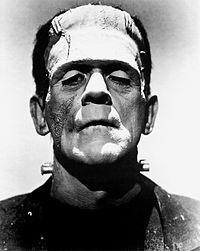“Even you…may
perhaps be brought to acknowledge that it is very worth-while to be tormented
for two or three years of one’s life, for the sake of being able to read all the
rest of it.” – Jane Austen, Northanger
Abbey
The Books I Loved Best in 2015
The Country
of Ice-Cream Star by Sandra Newman. A linguistically inventive and completely
immersive novel set in a shattered future. “Then I remember ice cream been a food I never taste. I
wonder what my mama dream to name me for this food, as if she name me Something
Lost.”
The Book of Strange New Things by Michael Faber. A Christian
missionary travels to another planet while his own civilization crumbles. At
first, the Oasans (the “aliens”) seem painfully boring. Then we find out
why. Strange and new and beautiful and affecting. “Let’s not go there.” “That’s what
people say about places where they already are.”
Elena Ferrante's Neapolitan series: My Brilliant Friend, The Story of a New Name, Those
Who Leave and Those Who Stay, and The Story of the Lost Child. One of those unforgettable books you press on everyone (have you read this? you must read this! here, read this,
read this, read this). Ignore the James Wood quote on the cover of My Brilliant
Friend: it is not “amiably peopled.” It is vividly-viciously-truthfully-brutally-gratingly-graspingly-ferociously-searchingly-beautifully-wickedly-stridently-strivingly
peopled. There's barely an amiable person in the whole series.
Fifteen Dogs by
Andre Alexis. One of those novels I immediately declared my intention of not reading because “I
don’t like novels where the main characters are animals.” Then I remembered the
last time I said this and was proven wrong (The Story of Edgar Sawtelle by David Wroblewski) and
the time before that (Barbara Gowdy’s The White Bone). Apparently I do like novels where the main characters are animals and the writing is profound and contains multitudes.
After Buddhism by Stephen Batchelor. Another utterly clear exploration of what it means to be a Buddhist without "beliefs." "Dharma practice exposes the limits of human thought and language when confronted with the puzzle of why we are here at all."

